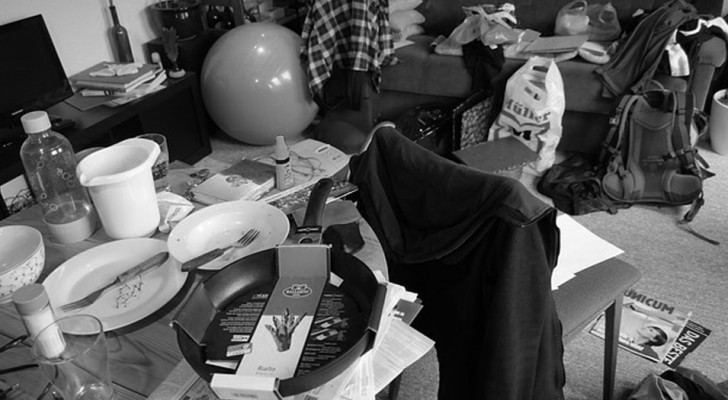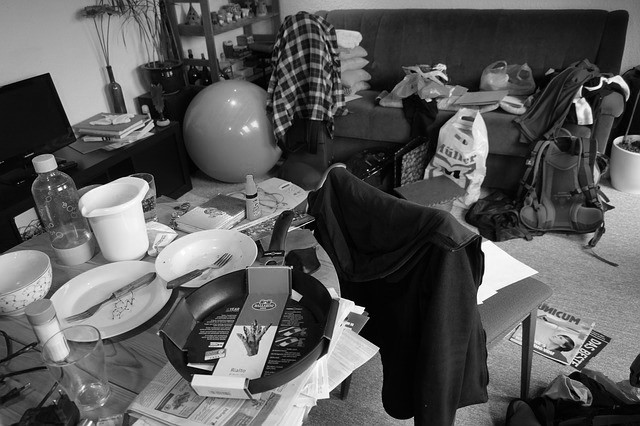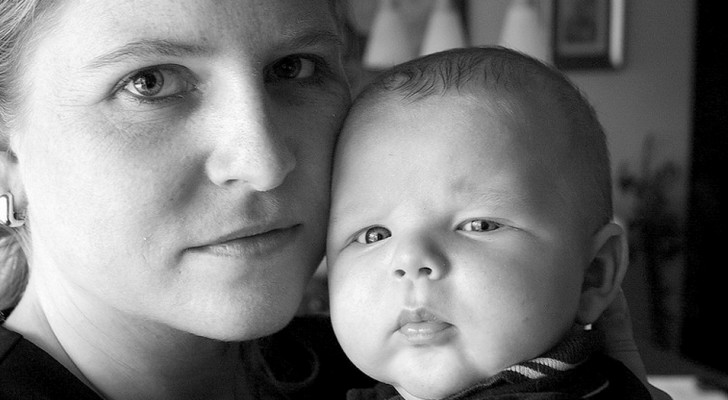A disorderly and chaotic home triggers stress and anxiety, says a psychologist

Does it also happen to you that you come home, maybe after a long and stressful day, and you find every corner in complete disorder?
In a single moment, your desire to eliminate your stress by staying at home disappears. At this point, what usually manifests itself is a kind of nervousness that continues throughout the evening, along with stress and anxiety.
Stay calm, you are not the only one who has such a response to disorder, and it is also not wrong to have this type of reaction. According to psychologists, in fact, living spaces that are untidy can even trigger stress and panic attacks.

"Disorder greatly affects the way we feel in our homes, in the office or elsewhere. Crowded and disorderly spaces trigger a state of anxiety, making us feel helpless and overwhelmed. Rarely do people realize that it is this disorder that is the cause of the stress of their lives", said psychologist Sherrie Bourg Carter.
Disorder, therefore, could have a much more influential role in our mental well-being than we ever thought. Indeed, chaos and disorder:
- Cause mental fatigue because it exposes us to a large number of useless stimuli;
- Distract us from what we really want to focus on;
- Communicate to the brain that our work is not finished yet;
- Makes us think about the amount of time and effort it will take to put everything in order.
To all of this, there is a solution, the simplicity of which depends both on one's own willpower and on the presence or absence of other people who contribute to creating the disorder.
According to the psychologist, if the house is inhabited by a family, it is good to involve all the family members in the tidying up process. You could think about assigning each person a room or perhaps setting aside one day a week dedicated to cleaning the living environments.
One way to prevent the disorder from recurring is to avoid all furniture with open and exposed surfaces. In fact, we should procure storage containers and furniture with cabinets, sliding panels, and drawers, which allow us to temporarily "hide" the disorder.
The other secrets to keep the chaos and disorder under control are:
- Establish rules, for example, always put things back in place and in the same way they were found;
- Throw away anything you do not need or arrange to give it to someone who may need it;
- Distribute cleaning and reorganization over a period of time, to avoid doing everything together.
One last trick, that the psychologist suggests, is to add a bit of fun! While tidying up the house you can turn on some music or listen to the comedy show that you like the most!





